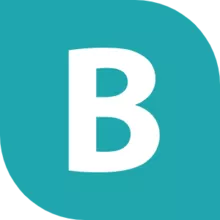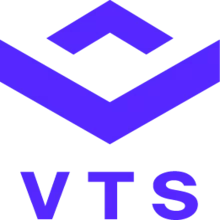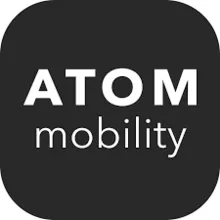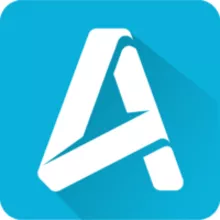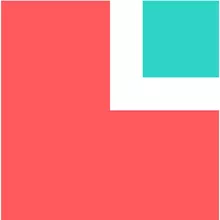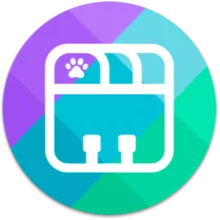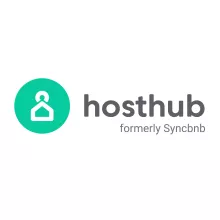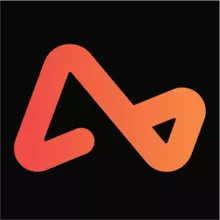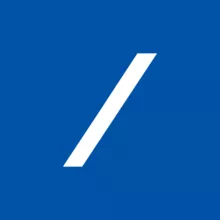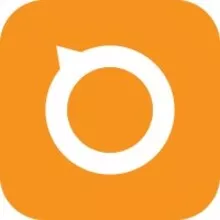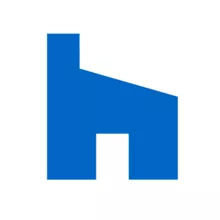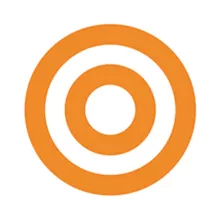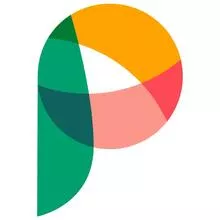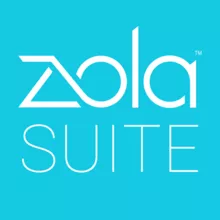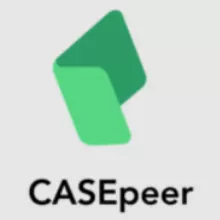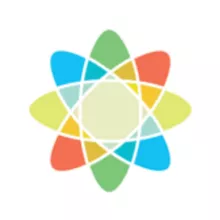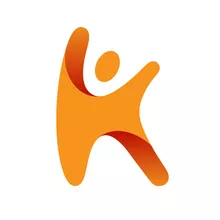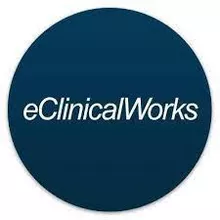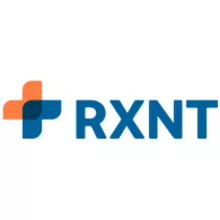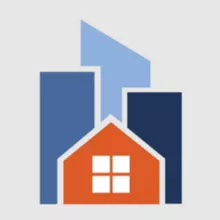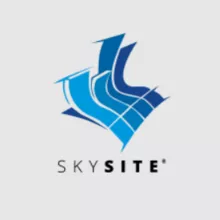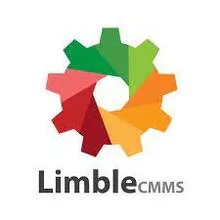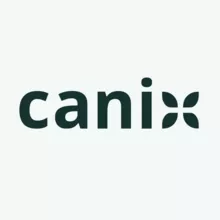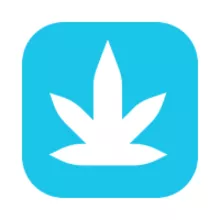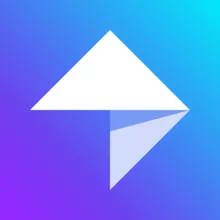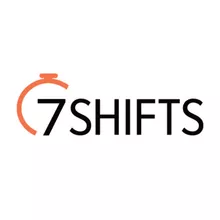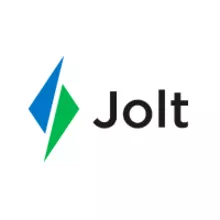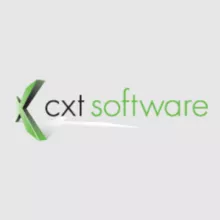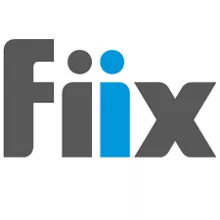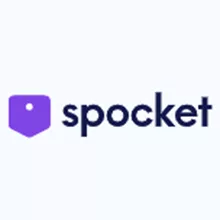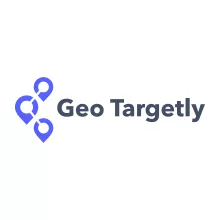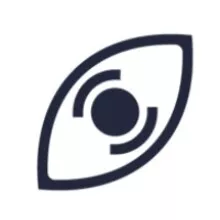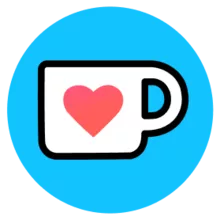Property Management software for portfolios or single properties
Healthcare software refers to computer applications that aid and guide medical personnel in healthcare environments, either by automating manual workflows or assisting and guiding them.
Healthcare software development is revolutionizing workflow and allowing organizations to grow. Healthcare software, for example, helps with patient administration, payment collection, record management, and even staff performance analysis.
The following are some of the business concerns that vertical healthcare software solves:
- Ensure that all healthcare and Medicare regulations are followed.
- Connect to internal and external healthcare systems.
- Reduce the possibility of recording and communication errors in paper records.
- Cut down on time spent manually on preparing notes and claims.
- More easily update, access, and share patient data.
- Patient satisfaction and expectations should be maximized.
- Keep your company up to date on technology developments.
Advantages of Healthcare Software:
- Vertical Healthcare Software Resolves Business Issues:
Both horizontal and vertical industries must discover solutions tailored to their specific requirements. Vertical-specific software, on the other hand, arises because vertical businesses such as healthcare must follow a specialized patient-facing workflow in addition to industry and government standards. Furthermore, healthcare software use cases must correspond to the needs and requirements of doctor's offices, hospitals, and private clinics.
Healthcare companies must be able to secure patient’s data and determine if they want an all-encompassing software that integrates effectively with other hospitals or is tailored to the needs of a pharmacy or a private home duty care clinic. Add in the fact that some healthcare organizations are shifting from paper to electronic records, and you have a recipe for a slew of business issues during a software's life cycle.
- Streamline Operations by Consolidating Data:
Doctors' offices and hospitals can use healthcare software like electronic health records (EHR) to aggregate patient information, medication updates, physician notes, and other forms of communication into a single database. Users observed that by integrating an EHR tool with current documentation and communication platforms, information might be accessed by anybody at any time. Healthcare software, according to users, makes reporting easier and less time-consuming. Even when medical billing and scheduling software is used, customers report that these systems make documentation, organizing, and collection processes easier. Healthcare workers are usually short on time, and according to consumers, even vertical software that only performs one function saves money in the long run.
- Improved Patient Care:
According to users, enhanced patient interaction and improved care quality are immediate benefits of healthcare software that is easy and quick to use. Users reported that the improved process they obtained using healthcare software benefited their patients. According to users, healthcare software's primary benefits include effective recording and processing of visits and patient information, real-time access to information and documentation, and reduced personnel hours.
Here is the list of the best Healthcare Software for your firm.


